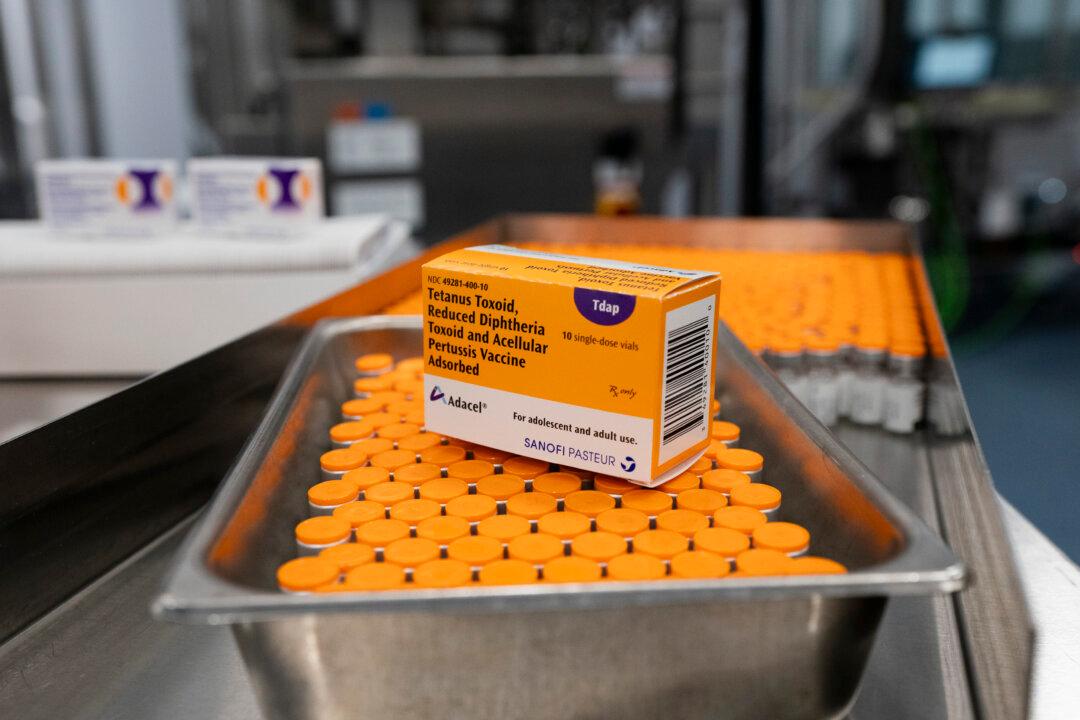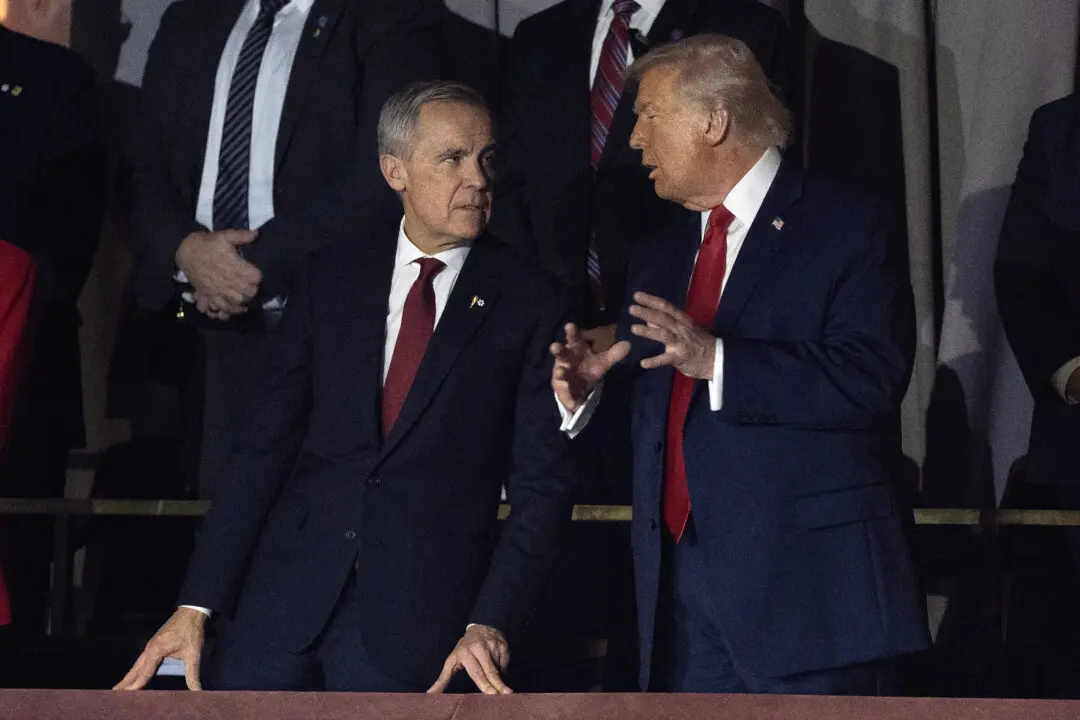French drugmaker Sanofi has opened Canada’s largest vaccine plant in Toronto, and will start production in 2027, Prime Minister Justin Trudeau has announced.
“This is the largest bio-manufacturing facility in Canadian history, and it will create and maintain hundreds of high-skilled jobs,” Mr. Trudeau said at a press conference in Toronto on May 30.





